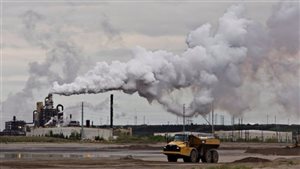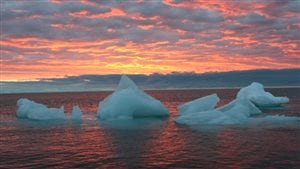This week’s edition hosted by regulars Lynn, Wojtek, and Marc
Listen
The Canadian government will be sending a military contingent to the Middle-East to help in the fight against ISIS militants in Iraq and possibly Syria as well.
In a vote in Canada’s Parliament the ruling Conservative party outnumbered opposition and will commit fighter jets, and patrol and refueling aircraft along with necessary support personnel to the mission.
The Canadian military air-combat gropu will be there for a six-month mission, while Parliament also voted to extend the use of military advisors in a non-combat role. in Iraq
Wojtek has a report

Her title is Commissioner of the Environment and Sustainable Development, but this government bureaucrat actually works out of the office of the Auditor-General.
Julie Gelfand’s job is to conduct performance audits and assess whether the federal government is meeting it’s objectives on environmental targets.
When Lynn spoke to her this week, the Commissioner said her biggest concern was about greenhouse gas emissions.
And on the topic of greenhouse gas emissions, a new report was issued this week by the United Nations Convention on Biodiversity related to the issue.

The oceans absorb C02 from the atmosphere. The more C02 in the air, the more the oceans absorb. However, the C02 molecules combine with molecules in the oceans to reform into carbonic acid.
The 30 experts involved in the document looked at all recent relevant research and said the oceans are becoming acidic and the pace of acidification is rising.
The world’s oceans are now 26 percent more acidic than they were at the start of the industrial age, and that percentage will rise dramatically in the decades to come.
Marc spoke to Alfonso Mucci, an expert in geochemistry and oceanography at McGill University in Montreal. In this excerpt of a longer conversation he begins by explaining the significance of the 26% and the whole UN report.
Please visit the highlights section for the full interviews on these stories.







For reasons beyond our control, and for an undetermined period of time, our comment section is now closed. However, our social networks remain open to your contributions.